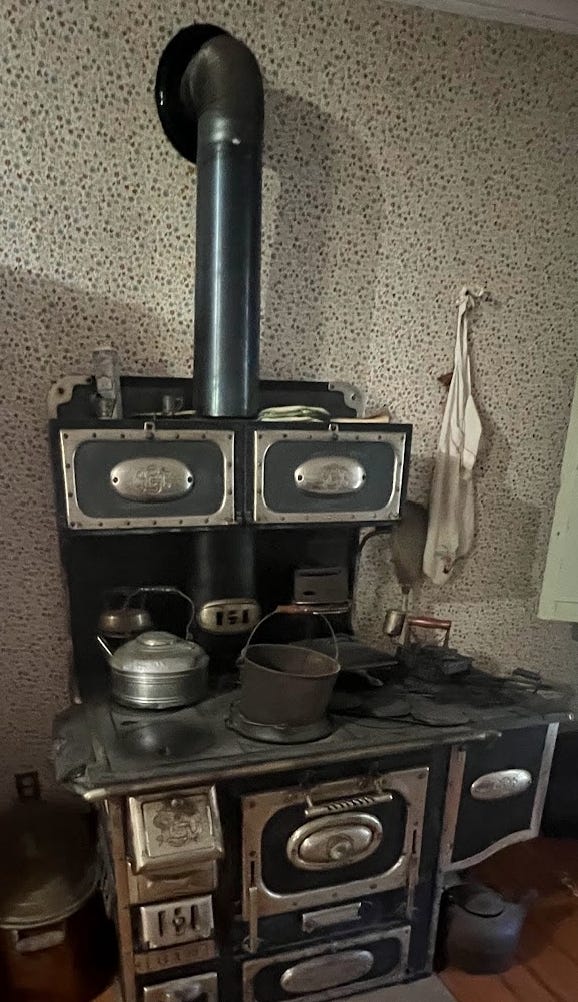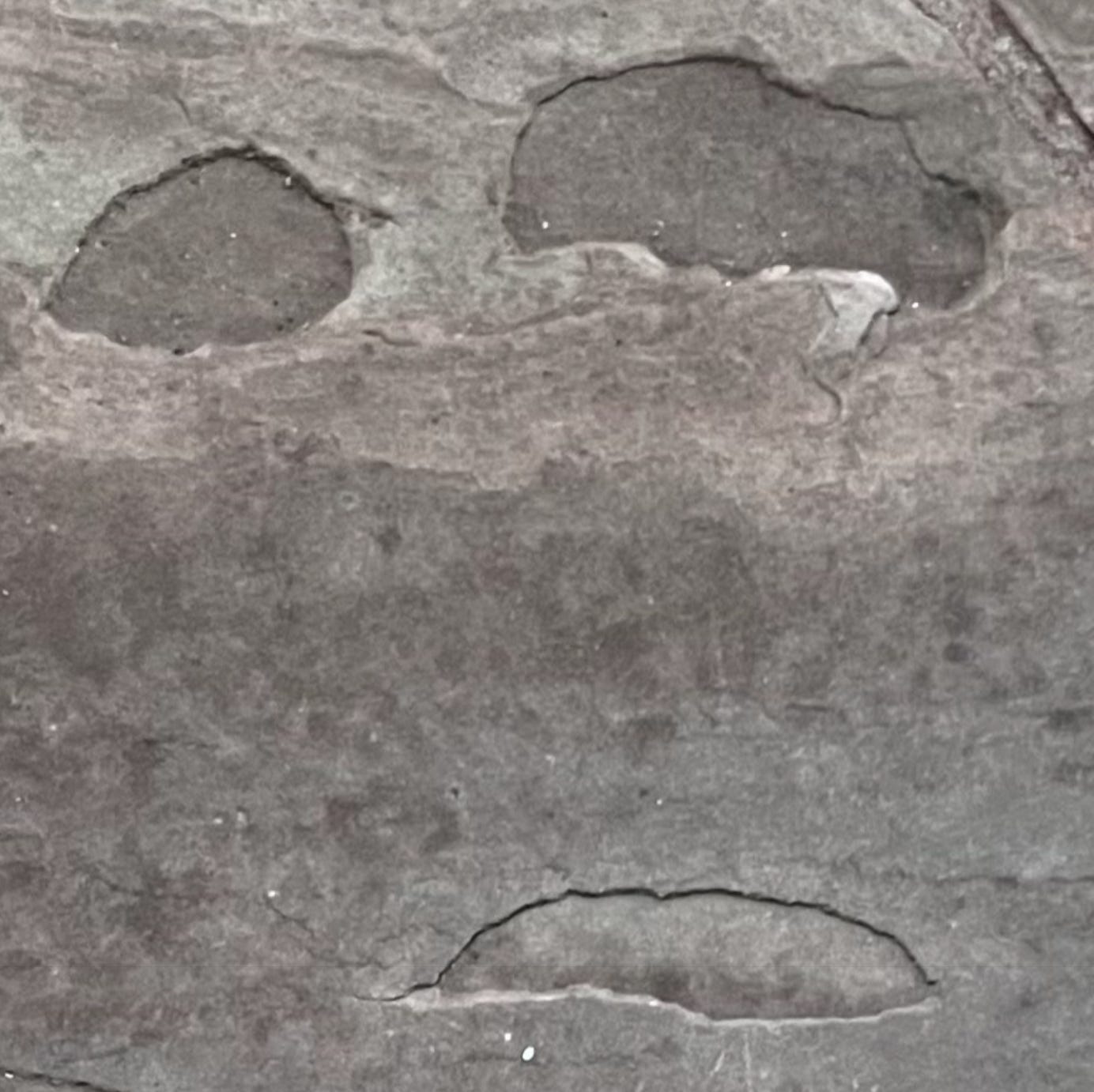At the beginning of 2025, a friend said her New Year's resolution was to have no regrets when 2026 begins. This is akin to what Eric Segal wrote in the novel Love Story as the catchphrase, “Love means never having to say you’re sorry.” Does it?
The line was parodied in the screwball comedy film What’s Up, Doc? When Judy Maxwell (Barbara Streisand’s character) uses the catchphrase, Howard Banister, played by Ryan O’Neal, says, “That’s the dumbest thing I ever heard.”
The irony doesn’t escape anyone who knows that Ryan O’Neal also played the starring role of Oliver Barret, IV, in Love Story. Ali McGraw, who played lead Jenny Caviilleri, has called the catchphrase “a crock.”
I would agree. My friend says a better line is, “Love means never having to say ‘Put Down that Butcher Knife.’”
We are all humans; ergo, we all make mistakes. I have a list rolling north and south on I-35 highlighting all my mistakes. My conscience lives easier when I apologize to anyone hurt by my mistakes. I cannot control the outcome of whether I’m forgiven.
Even outside romantic love, apologies are fundamental. I was the recipient of two apologies, both from events that had occurred years previously. One had to do with a cartwheel, the other with a divorce.
When I was in college in the 80s (yes, I’m old), I joined a Christian fellowship group. One day, Lisa (one of the members but not her real name) and I were walking across campus. The sun was bright and seemed to be smiling upon us. In a moment of pure joy, I turned a cartwheel.
SIDEBAR (and a little push promotion): When I was a child, our next-door neighbor, a mom with three children, could still turn a mean cartwheel. I found this so amazing that I wrote about it in my book Ours was the House, available on Amazon.com.
Ad over, so we will now return to regular programming (or writing).
Lisa was horrified by my happy acrobatics. I wasn’t cartwheeling at a funeral, in a graveyard, or at any other somber occasion. I was on a college campus.
Even so, Lisa took it upon herself to chastise me severely for not being serious. She didn’t like that I was freewheeling and cartwheeling.
I didn’t understand why Lisa thought I had to be serious always, and her words were hurtful. Her scolding even changed our relationship. Although I had no vile feelings toward her, I did my best to stay away from her as much as possible. Once you have touched a hot stove, you learn not to touch it again.
In 2023, I received a message from Lisa on Facebook (yes, I’m old, and we old people still use Facebook). Lisa apologized for criticizing me so many years ago for the cartwheel I had done.
That apology was awesome. I had not even thought about the event in decades, but apparently, the cartwheel fiasco had weighed heavily on Lisa throughout the years.
I was happy to accept the apology, and I respect that she did not let the passage of time keep her from taking that step. We were already friends on Facebook, but our friendship grew deeper, and we often text or phone each other now.
Yet a second apology appeared in 2023, which dates back to an incident in 1994. When I was getting a divorce, I picked up the mail and found what looked like a card or an invitation. I saw the name of my dentist on the return address, so I thought perhaps this was a reminder for an appointment (again, I’m old, and we didn’t have email and text back then).
I opened the card and was surprised to find that it was actually a sympathy card for my then-husband (we shared the same dentist). The dentist (I will call her Dr. Darla) had written, “Dear [My ex-husband]: I am so sorry that you are going through a divorce. The thoughts and prayers of our entire staff are with you during this difficult time.”
I would find a new dentist, but forget about this card. That December, however, my daughter and I went skiing in Colorado. We were staying in a one-bedroom lock-out, and the rest of the condo ended up being rented out by none other than Dr. Darla and her family. Small world, right?
The first time I saw Dr. Darla outside the condo, I said hello to her, then added, “I saw the sympathy card for divorce that you sent to [my ex-husband].”
Dr. Darla coldly responded something along the lines of “So what?” Then, she walked away.
Years later, Dr. Darla also used a Facebook IM to contact me. She apologized for sending the card and her calloused attitude when we saw each other in Colorado. She also sent me a friend request. I accepted.
I had not thought about the incident for years, but I was still happy to get an apology. Again, just like with Lisa, this fiasco apparently had weighed heavily on Lisa.
The moral of these two apology stories is twofold: 1) when you apologize, you relieve yourself of a burden, and 2) if the other person is forgiving, you can even re-establish or strengthen a friendship.
Ecclesiastes 3:11 says, There is a time for everything, and a season for every activity under the heavens: a time to be born and a time to die, a time to plant and a time to uproot, a time to kill and a time to heal, a time to tear down and a time to build, a time to weep and a time to laugh, a time to mourn and a time to dance, a time to scatter stones and a time to gather them, a time to embrace and a time to refrain from embracing, a time to search and a time to give up, a time to keep and a time to throw away, a time to tear and a time to mend, a time to be silent and a time to speak, a time to love and a time to hate, a time for war and a time for peace. These lyrics were repeated by Pete Seeger in 1959 in his song Turn, Turn, Turn.
Life gives us many situations to balance, and the key is to find the right words and actions at those times. And have fun when warranted.













Thanks for sharing, Lisbeth, oh my. I agree with you--apologies unsaid can weigh heavily. Honestly, it's just the right thing to do. And drumming up the humility to express them can be so refreshing.
Loved following you on this journey Lisa, nicely written, entertaining and a meaningful reinforcement on the power of engagement and forgiveness.